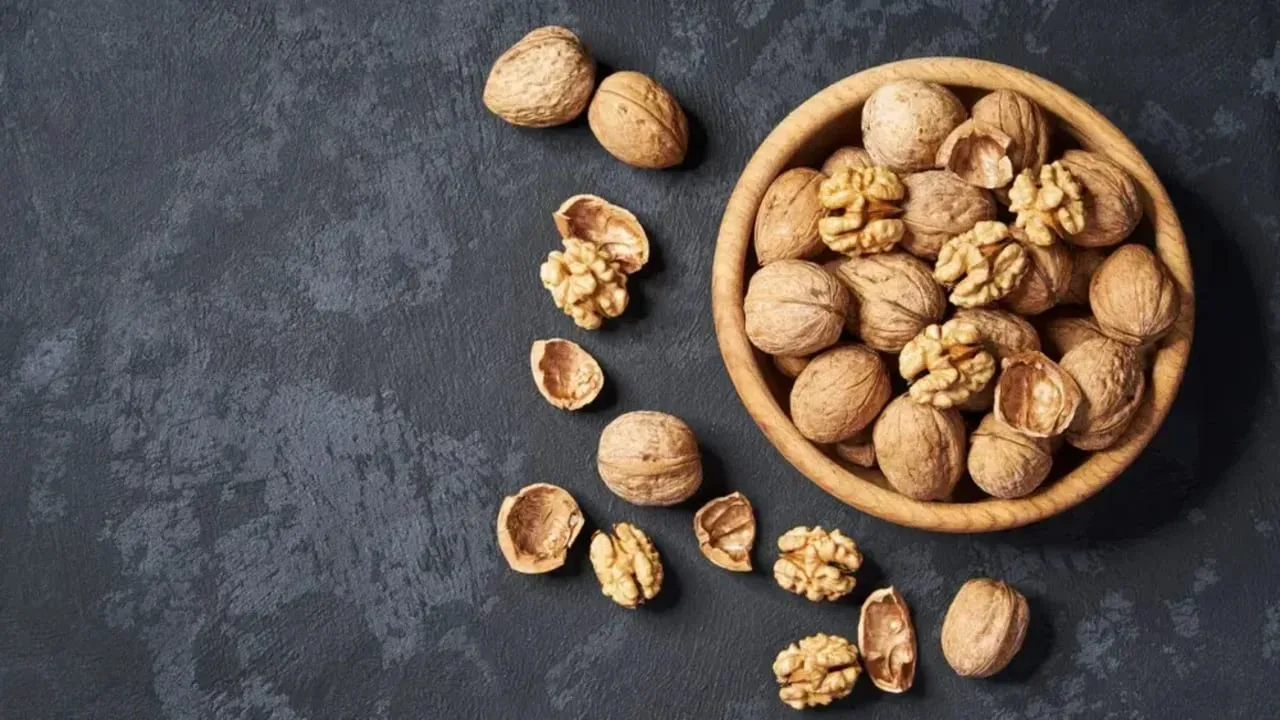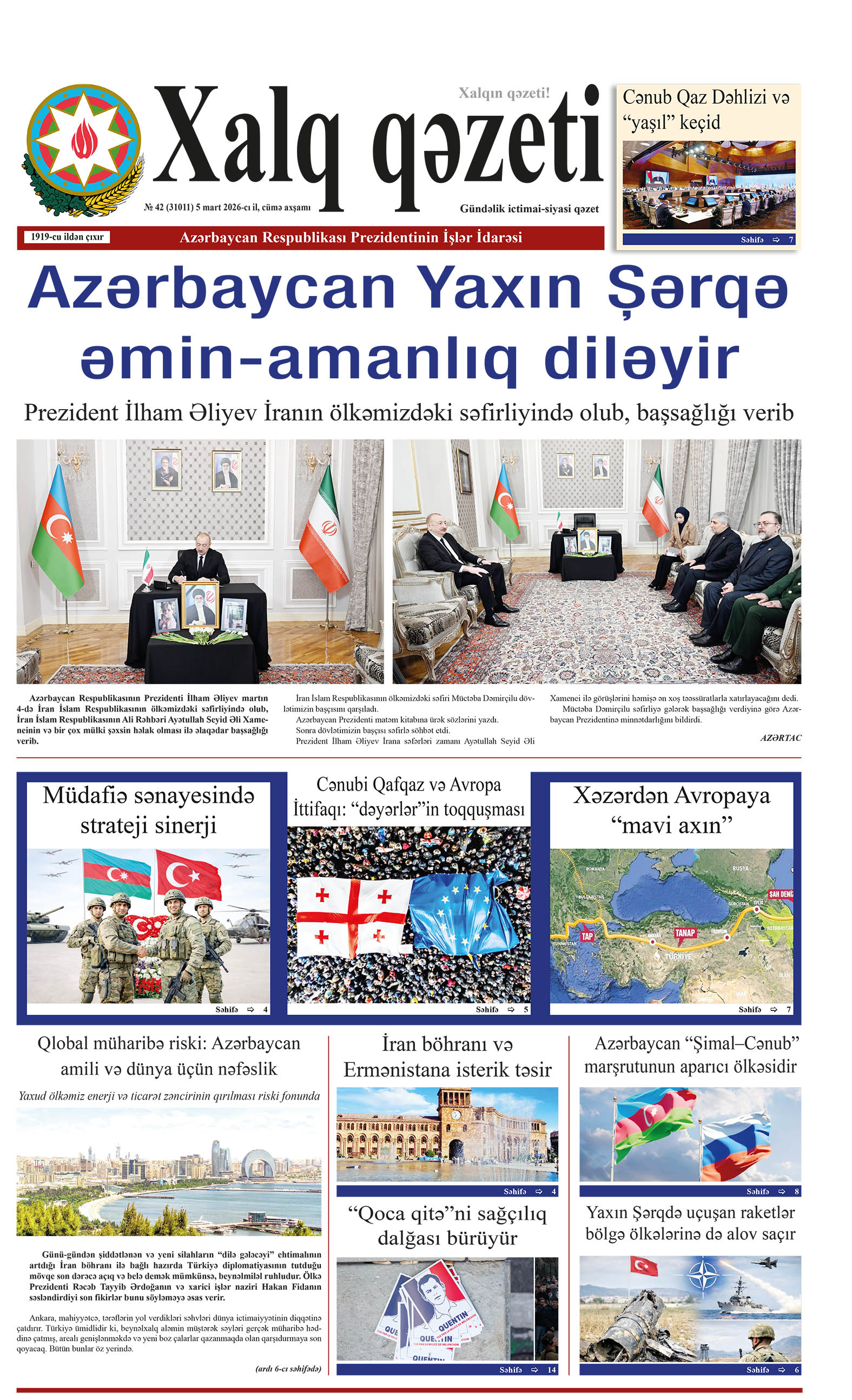Jerusalem Post
ByDR. MAYA ROSMAN
Many Israelis are currently going on their summer vacation, and a large percentage of them will return with excess weight – not just in their suitcase. Here are all the ways to avoid that.
Trips abroad come with excitement, new experiences – and plenty of culinary temptations. But often, the weight gain that appears right after the vacation is not just from large portions, rich desserts, or the hotel buffet – but rather from small mistakes we don’t even notice. Forgot to drink water? Skipped breakfast? Confused hunger with fatigue?
Precisely when routine is disrupted – it is more important than ever to maintain healthy habits, even gently, without ruining the enjoyment.
In this article, we will review the 7 most common nutritional mistakes during a vacation – and give simple solutions to help you enjoy your trip without harming your health (or your diet).
1. Not planning ahead – and ending up hungry
One of the most common mistakes when traveling is the lack of nutritional planning. Not everywhere you go will have food that suits you – and usually, once you start feeling hungry, you’ll choose the first available option, even if it’s far from healthy or satisfying.
To avoid impulsive decisions that lead to junk food, it’s worth preparing in advance with a few small but important items:
Quality protein bars
These are not “just snacks,” but a particularly satisfying solution thanks to their high protein content from a quality source like whey. Such protein digests slowly, helps with prolonged satiety, and reduces the chances of unnecessary snacking later. When you choose a bar with low sugar and moderate fat content – it’s an excellent option for long hours without a proper meal.
Almonds and nuts in measured bags
Considered the healthiest snack thanks to their combination of good fats, dietary fiber, and low glycemic index, which helps maintain stable blood sugar levels and a feeling of fullness. When you pre-pack small amounts (about a handful per day), it’s easy to enjoy them without overdoing it.
Herbal tea
Especially on vacations that include flights, dietary changes, and irregular eating, it’s not uncommon to feel bloated or uncomfortable in the stomach. Chamomile, mint, or ginger tea bags can be a natural and pleasant solution in the evening, helping digestion.
Sugar-free gum or candies
Sometimes the craving for something sweet doesn’t come from real hunger, but from habit or emotional need. Gum or a small candy, especially with a strong flavor, can “do the trick” and prevent an unnecessary trip for cake at the nearby café.
Instant oatmeal
Perfect for when there’s no proper breakfast at the hotel or on the flight. A warm, filling porridge that’s easy to prepare even with just hot water can provide a good base for a long day of touring.
Personal water bottle
A simple yet crucial item, especially on flights, in hot climates, or on days with a lot of walking. Good hydration keeps you focused, reduces fatigue, and sometimes even suppresses hunger that’s actually thirst.
2. Eating out of boredom on the flight – not from hunger
Most of us associate flying with eating: A small tray, familiar smell, or simply wanting to pass the time. But if it’s not a particularly long flight and there’s no real hunger – there’s no real need to eat. Many times, eating is done out of boredom, stress, or habit – not from physical need. The result: eating low-quality food that is nutritionally poor and not always tasty, just because “it was served to us.”
Instead, try to pause before every bite and ask yourself – “Am I hungry right now, or just passing the time?” Being aware of the reason you’re eating can save hundreds of unnecessary calories – right at the start of the vacation.
3. Not drinking enough water during the vacation
When we step out of routine – with long walks, tours, flights, and hours outdoors – it’s very easy to forget to drink. The feeling of thirst weakens when we’re busy or excited, but the body continues to lose fluids – especially on flights, in hot climates, or during physical activity.
Not drinking enough can lead to fatigue, headaches, decreased concentration, bloating, constipation – and even a false sense of hunger that’s actually thirst.
Adequate hydration helps proper digestion, reduces the urge to snack, aids in waste removal from the body, and supports metabolism – an important factor in maintaining a healthy weight even on vacation.The recommendation: Start every morning with a glass of water, and carry a personal bottle in your bag – available, accessible, and a reminder to drink even when you’re not thirsty.
4. “Something small with the coffee” – that turns into something big on the scale
Stopping at a café is part of the experience abroad – resting between tours, tasting something local, or taking a break. But coffee itself, which is usually low in calories and can even help alertness and metabolism, almost always comes with “something small”: A cookie, pastry, croissant, or small dessert.
If the café visit is a one-time thing – it’s not dramatic. But during a vacation, when you stop at cafés two or three times a day, that “side treat” quickly adds up to dozens of unnecessary grams of sugar, flour, and fat – and sometimes hundreds of calories a day.
The solution: Enjoy the coffee itself – alone. If you still want something with it, choose fruit, plain yogurt, or a pre-planned snack from your bag. This is a simple way to enjoy – without paying the nutritional price.
5. Fighting fatigue with sugar – instead of real energy
Jet lag, restless nights, busy days – all of these make fatigue an inseparable part of a vacation. When we’re tired, the brain looks for an immediate fix, and the first thing it sends us to is sugar.
But what the body really needs at such times is available, healthy energy – not a temporary chocolate boost that will soon bring a sharp drop afterward. Eating sweets when tired creates a frustrating cycle of blood sugar spikes and drops – leading to repeated cravings for sweet snacks later in the day.
Instead of running to a candy bar – try a glass of cold water, strong coffee, or even a short walk outdoors. Sometimes such a small change brings back energy – without putting into the body what it doesn’t really need.
6. Giving in to fried food – because “that’s what there is”
Fried food is an inseparable part of the culinary scene in many destinations. In England you’ll find fish and chips, in the Netherlands fries with mayonnaise, in France French fries, and in the U.S. – almost everywhere. It’s easy to see why: It’s available, cheap, tasty – and stars on almost every menu.
But it’s important to remember that fried food contains 4–5 times more calories than the same food if it were baked or grilled, and usually much less nutritional value. In addition, frying leaves behind heated oils that can burden the digestive system and even promote inflammation in the body.
This doesn’t mean you have to avoid it completely – but it’s definitely worth keeping it as a conscious, limited choice, not the default. If you do choose a fried dish, it’s recommended to order a small portion, share it with someone else, and combine it with salad, fresh vegetables, or quality protein – to reduce calorie load and gain a more nourishing sense of fullness.
7. Overindulging at the hotel breakfast as if there’s no tomorrow
Hotel breakfasts are a culinary paradise: Belgian waffles, pancakes, cheeses, pastries, cereals, sausages, omelets, and juices – all open, abundant, and inviting. The feeling is of “true freedom,” but sometimes also of a need to “make the most” of what we paid for.
In practice, starting the day too heavy – with large amounts of carbs, sugars, and fats – can lead to fatigue later, a feeling of heaviness, and even increase hunger later due to a sharp drop in blood sugar levels.
The solution: Treat breakfast as a regular meal, even if the variety around is tempting: Choose a reasonable, balanced combination – protein (like an egg or yogurt), vegetables, a little bread or whole grains, and if you want – one small dessert, not a bit of everything. There’s no need to “max out the buffet” – it will be there tomorrow too. And if you really want to taste something extra, you can always save it for the next day, when hunger and craving will be more real.


.jpg)















